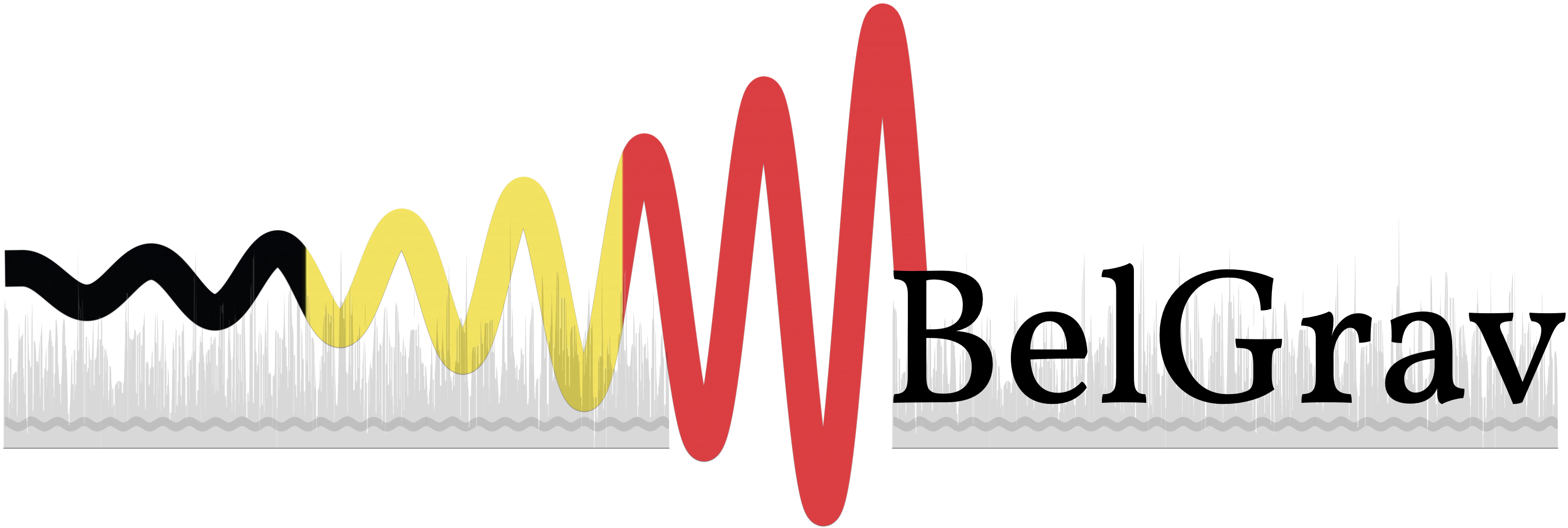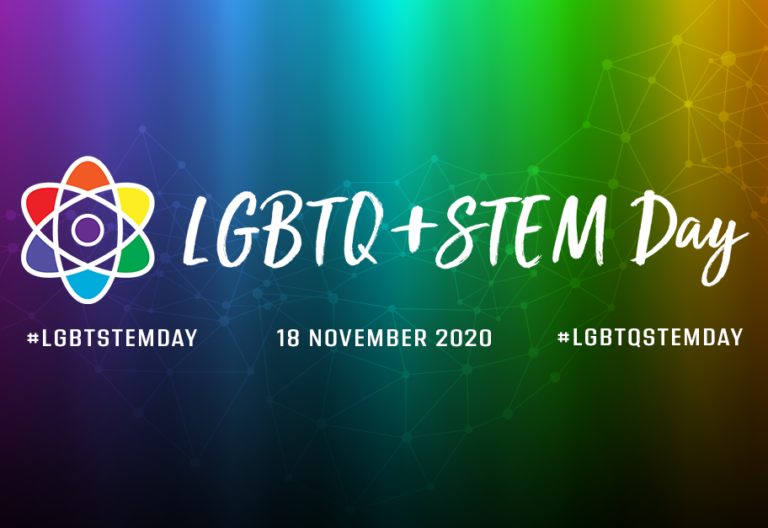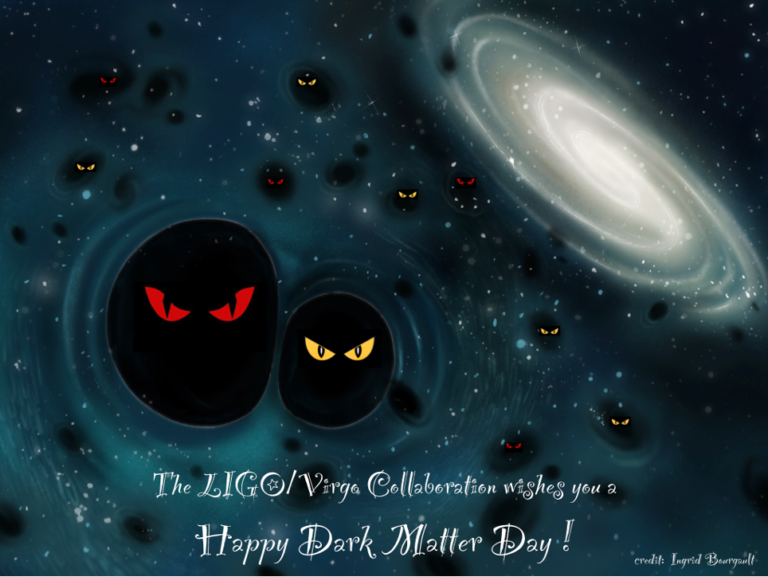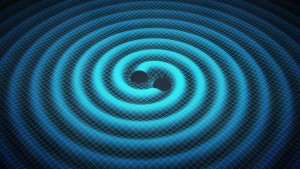
Gravitational waves, what are they?
Gravitational waves are tiny ripples in the fabric of spacetime and travel at the speed of light. After Albert Einstein formulated his theory of General Relativity in 1915, he predicted them as a consequence of his theory in 1918.
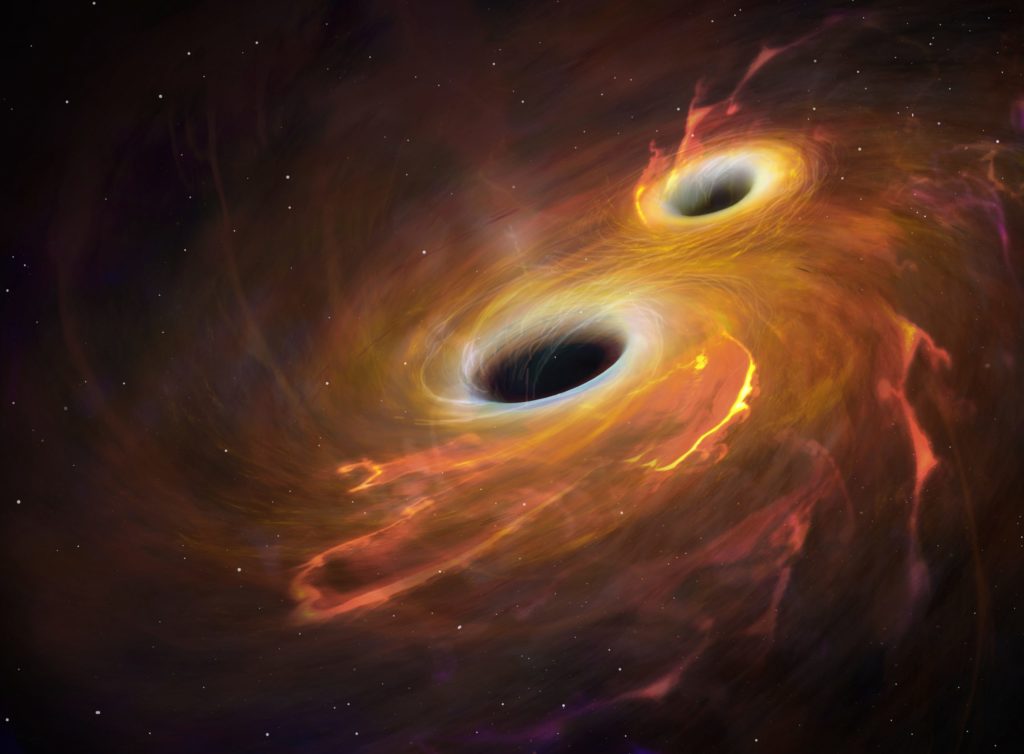
How are they generated?
Gravitational waves can be generated by any asymmetric motion of mass. Events such as the merger of binary black holes or binary neutron stars would give rise to gravitational waves. They could also have been generated during the Big Bang or by stellar explosions like supernovae. Other unknown sources might even be discovered in the future.
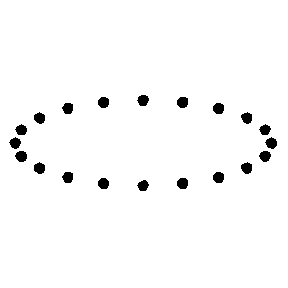
How do they affect matter?
The effect of a gravitational wave is to stretch spacetime as it travels through it. This is illustrated to the left (exaggerated to show the effect). It is this effect that scientists are looking for using extremely precise detectors.
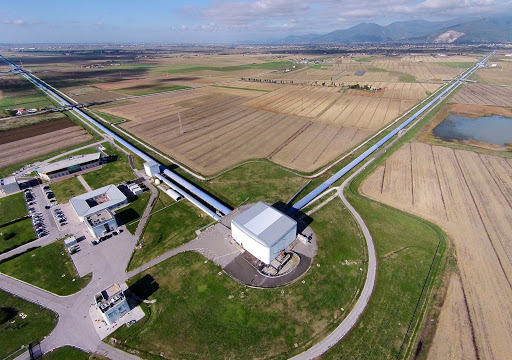
How do we detect gravitational waves?
Detecting gravitational waves is a very difficult task, as the signals we are trying to detect are so faint. However, by using the fact that a gravitational wave would stretch and squeeze the distance between two objects (differently for two perpendicular directions), these can be detected. Detectors like Advanced Virgo measure the variation in the two arm lengths to quantify the passage of a gravitational wave.
